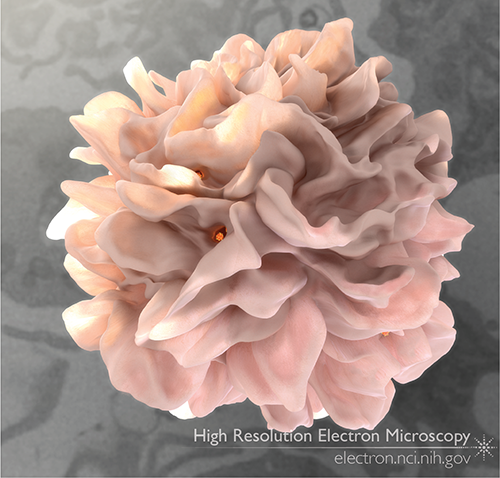현재 위치:홈 > 뉴스현황 > Press Events > Immunotherapy Trigge...
저자: 업로드:2017-08-29 조회수:
A place for everything and everything in its place is a mantra that eukaryotic cells ascribe to with some frequency. For instance, DNA is compartmentalized to organelles like the nucleus and mitochondria. The cytosolic space is not typically an area where DNA is present unless the cell is under attack by some form of pathogen, such as a virus. Sensors within the cytosol - namely cyclic GMP-AMP synthase (cGAS) - recognize cytosolic DNA during viral infections and sound the immune system alarm to begin the degradation process.
UT Southwestern Medical Center researchers report for the first time that tumors stressed by cancer immunotherapy release their mitochondrial DNA into nearby immune cells, triggering a host alert system.
Findings from the new study, published recently in Immunity in an article entitled “Dendritic Cells but Not Macrophages Sense Tumor Mitochondrial DNA for Cross-Priming through Signal Regulatory Protein α Signaling”, indicate that cGAS plays a critical role in bridging the body's two immune systems: the innate immune system, which senses initial threats, and the adaptive immune system, which in this context specifically amplifies the antitumor response after getting the alert from the innate immune system. The investigators are hopeful that their data could lead to strategies that would improve the effectiveness of immune checkpoint blockade therapies.
Despite dramatic responses in some people, many other patients show no response to immunotherapy, sparking the search for new therapies that target an entirely different type of checkpoint, such as the experimental drug used in this study. The drug targets CD47, a cell-surface protein highly expressed in some tumor cells. CD47 sends a "Do not eat me" signal to block immune cells from killing the cancer cells.

"CD47 is found in every cell of the body, and it has long been known that many kinds of cancer cells produce even higher amounts of CD47 than do healthy cells,” explained senior study investigator Yang-Xin Fu, Ph.D., professor of pathology and immunology at UT Southwestern. "That 'do not eat me' signal helps cancer cells evade detection from the immune system's killer T cells." In fact, the higher the levels of CD47 found in tumors, the poorer the prognosis for many cancers.
In tests on mouse cells, the researchers found that when cancer cells are stressed by an experimental anti-CD47 immunotherapy, the cancer cells leak DNA into nearby dendritic cells (DCs), which present antigens to killer T cells and are considered a bridge between the innate and adaptive immune systems. The DNA sensor cGAS sounds the alarm inside those D